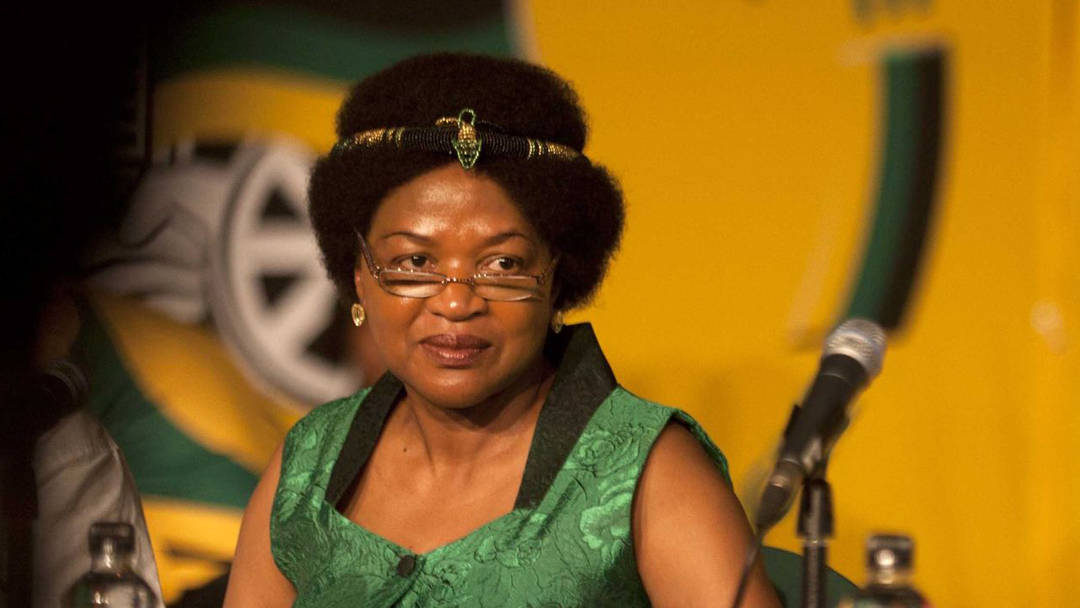Mbete syndrome: Will classical conservatism or liberal individualism be our outcome?
By Barend Uys
“I have no me outside of the collective. … I do not have a personal space to do things, you know, personally, as an individual, no.”
These statements were made by Baleka Mbete, former Speaker of the National Assembly, during an interview with Mehdi Hasan van Al Jazeera in London on Friday. From the audience’s reaction it is clear that Mbete’s answers caused enormous embarrassment for the South African government, but especially the ruling party. The sometimes-shocking answers, which left the audience indeed flabbergasted, make the TV blunders of SARS’s former Head of IT, Mmamathe Makhekhe-Mokhuane, look like child’s play.
The whole interview was inundated with a complete lack of acceptance of any form of accountability for the challenges that the country and its citizens currently face. Mbete even alluded to the figures UN and the World Bank as unreliable. The only benefit of Mbete’s words is that it gave the world a look at the true, naked ANC. The people noticed that the emperor is without clothes – and I am afraid that that emperor himself still does not realise this.
The question now begs: Which ideological basis can be used to prevent this total lack of accountability and responsibility among senior leaders?
Because the socialist collective stripped Mbete of all freedom (and therefore responsibility), one’s first reaction would be to follow a liberal individualistic approach as solution. A fiercely independent person would never say: “I have no self outside the collective.” The truth is, however, that no isolated individual, no matter their talents and character, is able to effectively withstand a centralised, totalitarian power block. Free-floating, disconnected individuals in fact facilitates the formation of a totalitarian order because there are no other power blocks to balance the power of the state.
The answer therefore lies in a society that is formed through establishing strong community institutions (schools, churches, civil organisations, en so forth). These institutions of the community, according to Edmund Blake, are important for three reasons. First, they diffuse power across the community and subsequently balance out state power. Second, they give form and meaning to the lives of people by establishing rhythm of life and creating overlapping identities and personal loyalties. Third, knowledge and wisdom are captured and protected in these institutions. Such a society of institutions is much like a valuable inheritance (I think of all the time, money and sweat that our ancestors put into schools and churches, for example) that one receives and is therefore compelled to protect and, of possible, improve it before handing it over to the next generation.
A successful social order established in this way not only creates space for rights and freedom of individuals, but also impose duties on them – and with duties come responsibility and accountability. It is therefore classical conservatism that offers a more sensible framework in which to take on the challenges of our time, rather than liberal individualism.
Edmund Burke also wrote that any form of power brings about responsibility, and that benefit and duty go hand in hand. Maybe it is time that Afrikaners (and also the ANC) what he wrote.











